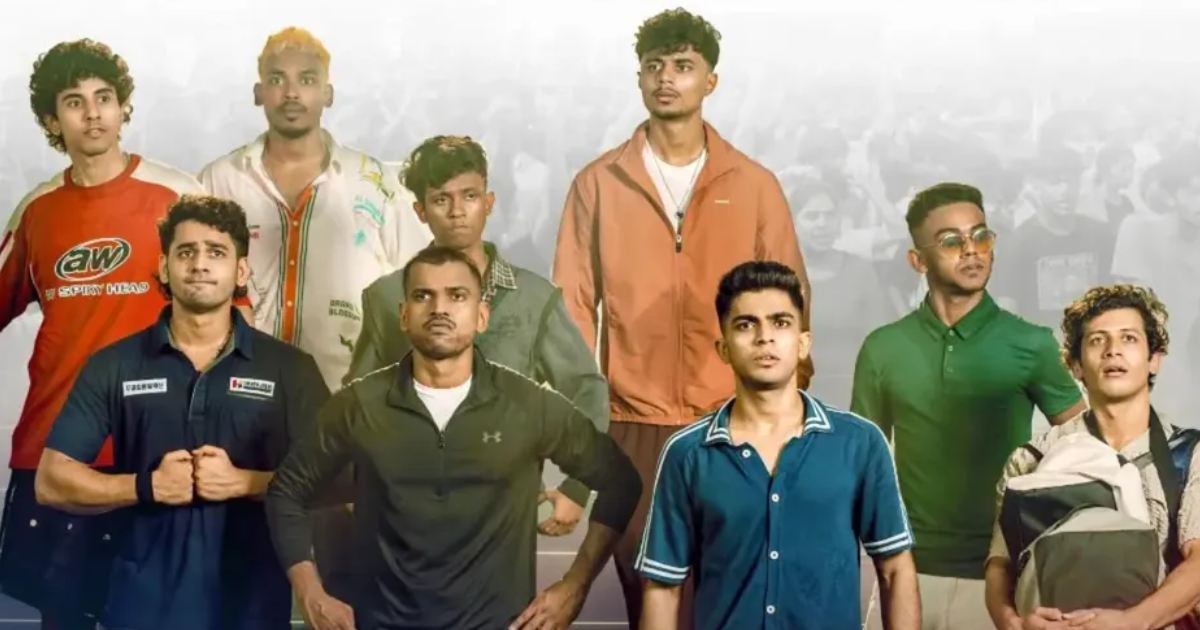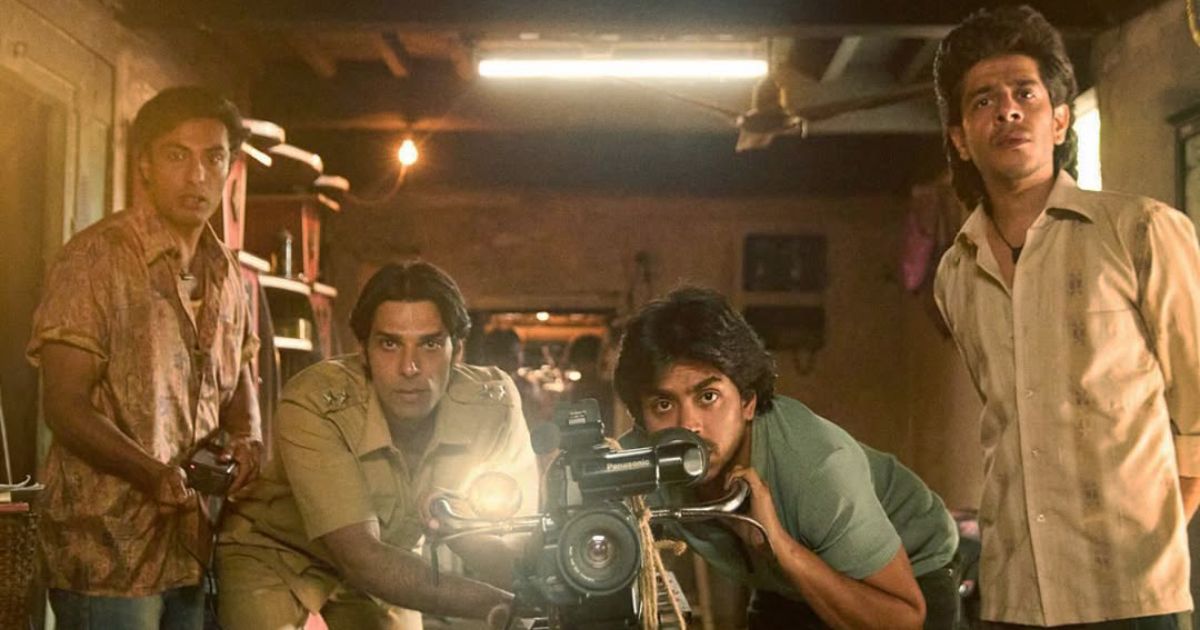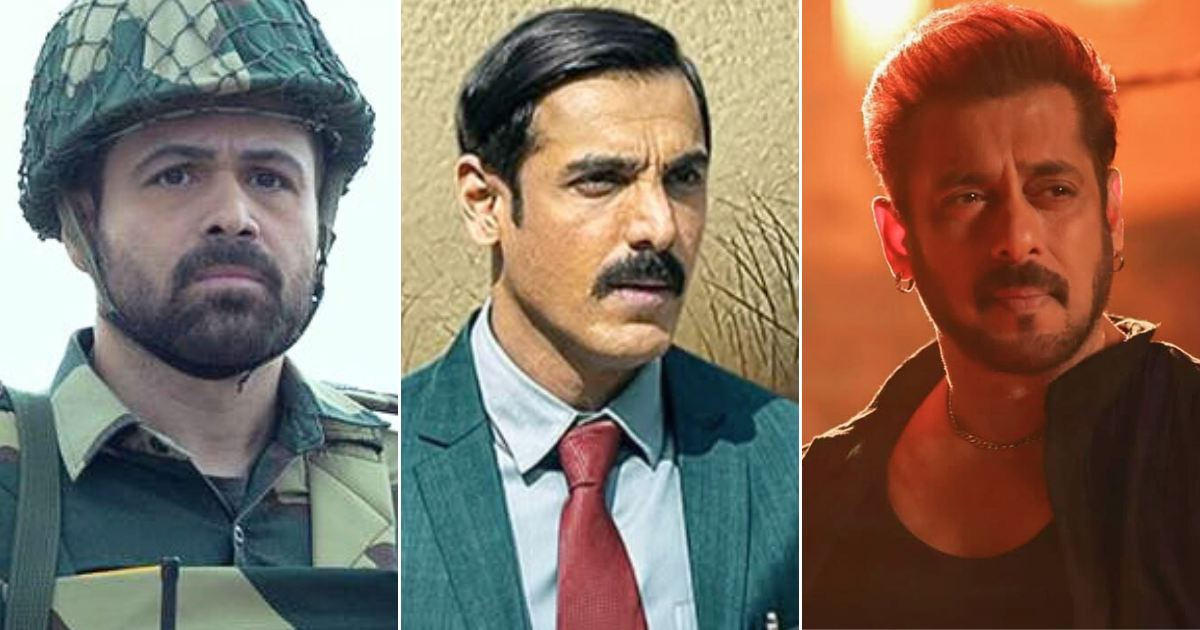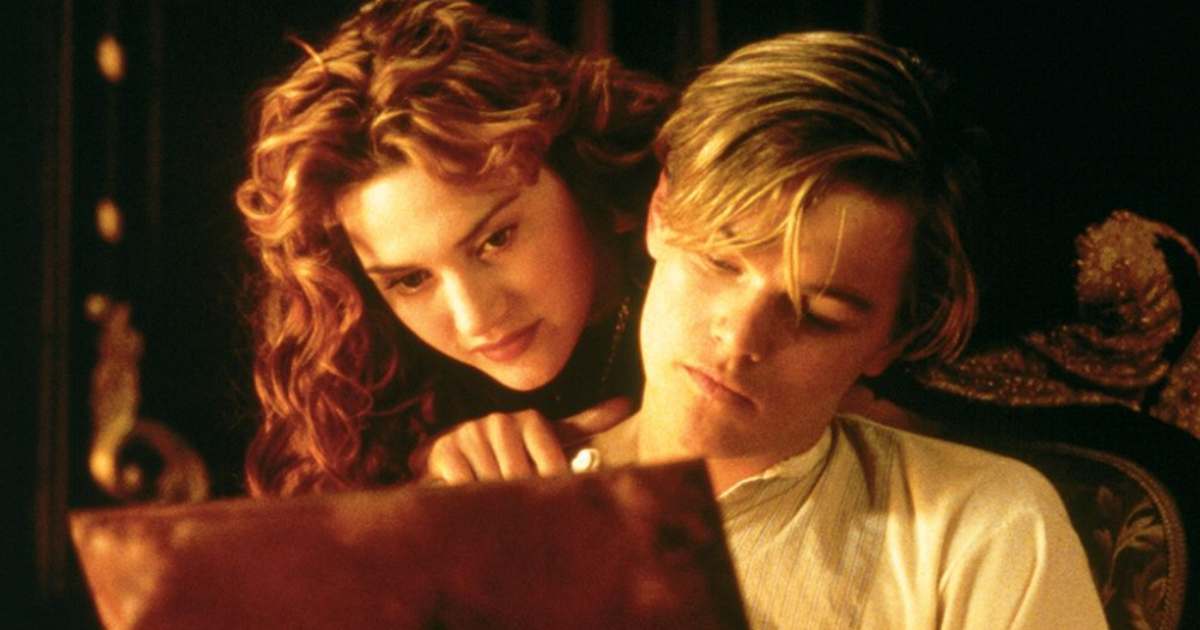
Varun Dhawan delivers a true ChristMass horror – Beyond Bollywood
While the film rightly takes a stand against the increasing sexual crimes against women, a larger-than-life narrative is never ideal for addressing such a grave concern. The only redeeming qualities of the film are Wamiqa Gabbi and child artist Zara Zyanna.
Rating: ⭐️💫 (1.5 / 5)
By Mayur Lookhar
Christmas releases in Bollywood often belong to Aamir Khan. The Pushpa 2: The Rule (2024) factor and a box-office clash compelled Khan to push his film Sitaare Zameen Par to next year. Pushpa 2 would still draw audiences in its third week, but it cleared the decks for Varun Dhawan to have his maiden Christmas release.
Directed by Kalees, Baby John (2024) is the Hindi adaptation of Atlee’s Tamil film Theri (2016). We chose to skip the original to avoid comparisons. It must be recalled though that Theri itself was loosely inspired by Tamil film Chatriyan (1990) and Hollywood flick Homefront (2013).
Baby John follows the story of ACP Satya Verma (Varun Dhawan), a righteous cop who avenged the rape and murder of a poor teen. However, Verma pays a heavy price for his extrajudicial actions. Six years later, presumed dead, Verma is living a quiet life with his little daughter Khushi (Zara Zyanna) in a quaint town in southern India. He now goes by the name John DeSilva. It isn’t long before his past resurfaces, forcing Verma to confront his nemesis Nanaji (Jackie Shroff) once again.
While the film rightly takes a stand against the increasing crimes against women, a larger-than-life narrative is never ideal for addressing such a grave concern. Earlier this year, Nithilan Saminathan left us stunned with Maharaja, a film that addressed similar grievances with remarkable maturity and sensitivity. Vijay Sethupathi’s character in Maharaja sought revenge, but Saminathan conveyed the right message to predators.
Films like Baby John take a very strong stance, but the larger message often gets overshadowed by rabble-rousing or hysterical narratives. One wonders if the makers of such films have ever interacted with rape victims or their families. Have they cared to reflect on whether such films offer genuine hope to the victims or their loved ones?
Beyond its message, Kalees has little substance, with a script so poorly written and structured that it’s hard to believe. Clearly, there’s a stark difference between an adaptation and a copy—Baby John is the latter. While logic may be sacrificed in such films, at the very least, filmmakers should show sensitivity.
In a rather shocking scene, a few poor laborers die at a worksite. One of the deceased leaves behind a 6-year-old child. The cruel boss mocks the child by showing him a bundle of cash but only offers Rs 10 for chocolate. That evening, the cruel man meets his end, thrown off the construction site. As his body lies on the floor, the North East Indian child appears with a chocolate in hand and smiles at the sight of the dead man. How insensitive is it to make a child witness such scenes? And that is just one of many ill-conceived scenes, further aggravated by the poor performances of the protagonist.

Varun Dhawan was naturally excited to do his maiden mass action film. There was a sense that he might leave behind the old Dhawan and embrace a larger-than-life avatar. However, what we see is the same old Varun – focusing more on theatrics than substance. Here’s a guy who suffered a painful loss six years ago, yet Satya Verma shows hardly any trauma. On the contrary, he prefers to have conversations that evoke ‘good vibes,’ and Satya hammers it into your ear far too often for one’s liking.
In one scene, Satya refuses to drop his mother (played by Sheeba Chaddha) to Chembur in a PCR van. His mother insists, but he rightly refuses, citing ethics. Just minutes later, he gleefully drops his girlfriend Meera (Keerthy Suresh) in the same police van, abandoning those ethics entirely. Throughout this exhaustive 164-minute screenplay, Dhawan hardly shows the intensity required for the role.
In the run-up to Baby John, Dhawan has made some interesting comments, especially cheekily remarking at the Citadel: Hunny Bunny trailer launch that these days, the South industry values him more. He even bravely revealed how he had chased Aditya Chopra to cast him in an action film, but the latter snubbed his request. Why should Bollywood respond favourably to his wishes? Dhawan’s prolonged poor run wouldn’t instill confidence in any Bollywood filmmaker or producer. The collaboration with southern creators Atlee and Kalees smacks more of desperation than of opening new avenues. More than Baby John, Dhawan ends up like a poor Baby Jawan. Another terrible show only piles the pressure on the struggling Dhawan.
Praising political bigwigs, even calling some Hanuman, might earn a few brownie points, but the same stars remain silent when Bilkis Bano’s rapists and the murderers of her family have their sentences commuted early and are garlanded upon release. Moreover, citizens often view Bollywood’s concern for women’s safety in cinema as hollow, given that many stayed silent during the #MeToo movement.

National Award winner Keerthy Suresh is wasted in her first Hindi film, with her role feeling more like a cameo. While we avoid commenting on people’s appearance or attire, it’s baffling to see a film condemning sexual crimes against women include a lead heroine in a neo-item song, Nain Mattakka. Don’t such item songs encourage lust by portraying women as objects of desire?

Wamiqa Gabbi is another remarkable talent, and she proves her mettle yet again. Tara (Gabbi), a teacher in an unnamed southern Indian town, reveals a different side to her character as the story unfolds. She doesn’t let the poorly written role or script weigh her down.
Rajpal Yadav and Varun Dhawan might benefit from taking a break from each other. Bizarrely, Satya Verma doesn’t move to the southern town alone—he brings along his pal, Constable Ram Sevak (Yadav). While Verma grows his hair and beard, Ram Sevak, with his curly hairstyle, fails to convince as a fake Malayalee. Even Wamiqa adopts a curly look, adding to the oddity.
Yadav takes on some action sequences, and during a crucial combat scene, he quips, “Comedy is serious business.” Unfortunately, the man seldom amuses in comedy and falls far short in serious action as well.

Veteran Jackie Shroff has played his fair share of badass characters over the last decade, including one in Mission Kashmir (2000). However, Shroff’s portrayal of Nanaji comes across more as a skinny Betaal. Perhaps the man has become a bit senile in jail, with his bushy mustache and turmeric paste now making him look like an aghori. This Nanaji may scare a few kids, but there is nothing convincing about the character.

Child artiste Zara Zyanna is adorable, but the little girl bears the burden of an overtly smart character, a fault that lies squarely with the poor direction. Gabbi and Zara are the film’s only saving graces. The child even takes the lead in the climactic action. While poor Khushi and several innocent girls are locked in a container with the ship set to leave port, the women sob. Yet, little Khushi shows them the way by pushing her body against the metal. Thankfully, director Kalees was mindful enough to portray that this task is painfully beyond her tiny shoulders. Nonetheless, this act encourages the women to wipe away their tears and spring into action. The rest of the action though is hardly gripping.
South filmmakers have a penchant for loud BGM. Though not entirely missing, we find the decibels slightly lowered this time. Perhaps, for once, South Indian filmmakers have taken cognizance of the usual criticism of BGM in the rest of India. The downside, however, is that it diminishes the impact of Varun Dhawan’s maiden action scene. We see something similar in a few other critical scenes as well.
As for the playback music, the opening lines and tunes of the Pikley Pom track have a similar vibe to Jiya Jale from Dil Se. However, that’s where the engagement ends for Pikley Pom. The rest of the tracks are simply disappointing.
Atlee helped Shah Rukh Khan achieve his biggest career hit, but perhaps he chose not to extend the same support to Varun Dhawan, as he has merely presented/produced Baby John. Director Kalees, though, fails to impress us in his debut Hindi film. Despite all the hype, Baby John ends up as a ChristMass horror.
Watch the video review below.
Publisher: Source link



